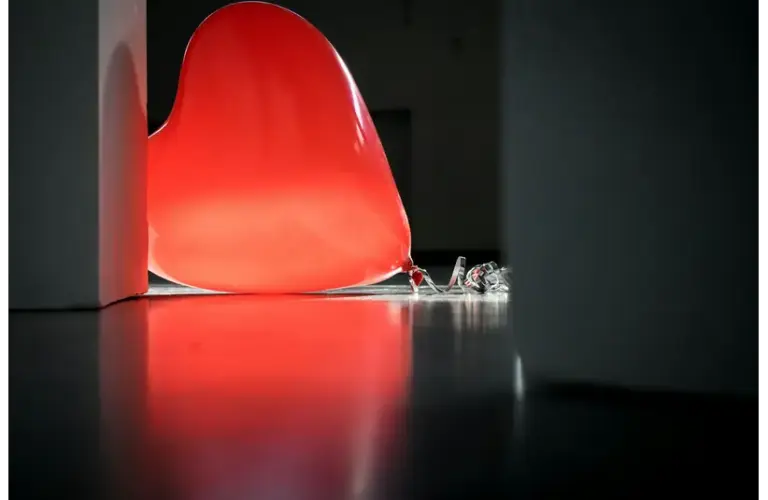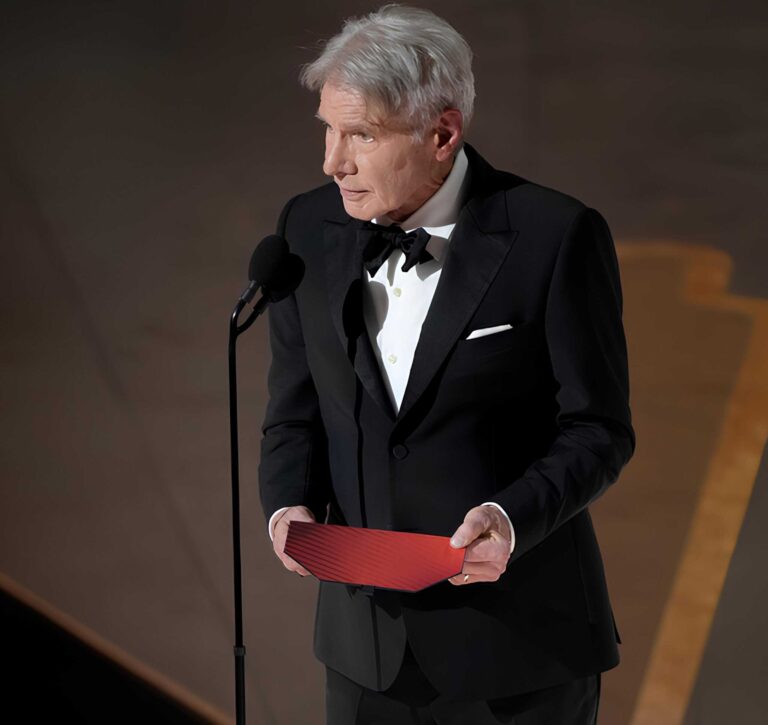How to Detoxify Toxic and Unhealthy Relationships
An unhealthy relationship doesn’t wear a flashing sign that says, “I’m toxic and bad for you.” They are disguised as jealousy passing as love, possessiveness masking as care, or control that appears as protection. If it sounds familiar, you have to know that you’re not alone. Sadly, unhealthy and toxic relationships can mess with your mental well-being, self-esteem, and sense of independence.
Spotting the Red Flags in Unhealthy Relationships
- Control Dressed as Care: Ever had a partner check your phone CONSTANTLY, or demand a play-by-play of where you are? That’s not love, honey, that’s control. Healthy relationships are built on trust and don’t require constant surveillance. If someone’s stomping on your autonomy (like controlling who you see or where you go), it’s time to wake up and realize this isn’t a Nicholas Sparks novel. These are red flags.
- The Jealousy Excuse: Jealousy, often portrayed as a romantic jest, is a toxic illusion we’ve been sold for far too long. If they can’t handle you talking to friends or accuse you of “leading people on” for basic interactions, cue the alarms. Jealousy isn’t a personality trait to tolerate; it’s a red flag waving itself silly.
- Walking on Eggshells: Anxiety about your partner’s reaction = bad vibes. Whether it’s a minor screw-up or simply stating an opinion, you shouldn’t feel fear about setting them off. Respect should be the baseline of every interaction, not an exception.
- Name-Calling and Demeaning: No one should refer to their partner in ways that make them crumble inside. Period. If you’ve endured an evening of “You’re too sensitive” or “Why can’t you do anything right?” this isn’t banter; it’s verbal abuse. And no, you didn’t deserve it.

How to Repair an Unhealthy Relationship
1. Name, Claim, and Confront a Problem
If your dynamics feel more exhausting than uplifting, acknowledge what’s going on. Don’t sugarcoat with rose-tinted glasses. Confront the issue directly with honest communication (but be prepared for some tough truths about both your actions). Acknowledging there is a problem is the first step on the path to repair, whether as a couple or individual.
2. Set Hardcore Boundaries
Boundaries aren’t walls; they’re fences. They protect your emotional garden from extra baggage and unwanted intruders. Boundaries enclose your personal spaces, and you are the only one who can let whomever in or not. Be firm about certain zones your partner isn’t allowed to trespass, whether that’s your trauma, autonomy, or even private time.
3. Therapy isn’t a Dirty Word
Relationship counseling is not exclusive to screaming matches shown on TV. It’s productive, people! Having an outside party with a neutral view of your relationship can be beneficial because they are not biased and can spot any discrepancies. A therapist can help unravel toxic habits and suggest fresh ways to coexist WITHOUT tearing each other’s emotional luggage apart.
4. Call Out Patterns
If your partner repeatedly disrespects you, hold them accountable. Change starts with admission. No “but…,” no excuses, and no gaslighting their way out of the pattern. Accountability is key. Call it as you see it, and explain the pattern to your partner and how it makes you feel.
5. Decide What’s Beyond Repair
Sometimes the harm runs deeper than we’d like to admit. Repeated abuse? Manipulation? That’s more than a few cracks in the relationship wall. Knowing when to fold your emotional cards and exit isn’t giving up…it’s self-preservation. It can be scary, but also a healthy step into reestablishing your mental, physical, and emotional health.
Knowing When to Leave
Okay, so you’ve tried boundaries, had endless “deep” talks, even dragged them to therapy…but nada. The relationship is more harmful than harmonious. Ask yourself if you feel like an altered version of yourself from the day, week, month, or year before? Do the lows outweigh the highs? If yes, it’s time to leave. Abusers don’t often “see the light.” If your partner brushes off their harmful habits or refuses growth, staying will likely come at YOUR expense. Don’t become collateral damage in their refusal to evolve.
Why ‘Unhealthy’ Isn’t Just a Phase
Unhealthy relationships aren’t dusty library books you can just shelf and come back to later. The emotional whiplash they can bring has serious side effects. Allow one bad behavior to slide, and it paves the way for others to sneak in. Soon, unhealthy feels normal…and you forget what being respected every day actually looks like.
Here’s the tea: it’s not your job to “fix” someone who refuses to hold a mirror to their behavior. Healthy relationships are made of mutual respect, kindness, and free will. It should be radiating love, not fear or guilt, with partners who love your works and quirks. Remember that.





